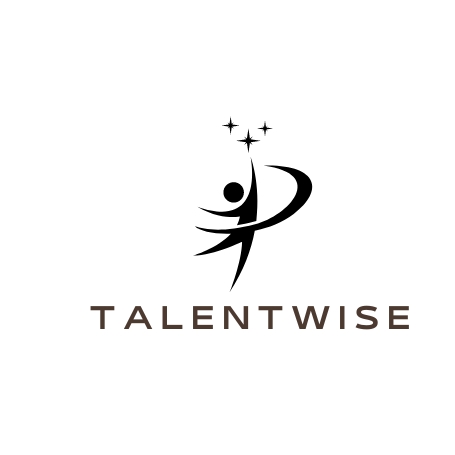Navigating career transitions with ease
At some point in our professional lives, we all face the prospect of a career transition. Whether it's a move to a new industry, a step up the career ladder, or a complete career change, navigating these transitions can be both exciting and daunting. Understanding the nature of career transitions and the importance of embracing change is crucial for a smooth and successful shift.
Career transitions come in many forms and can be driven by various factors such as personal growth, market demands, or even unexpected life events. Recognizing the type of transition you're facing is the first step towards managing it effectively.
Change is an inevitable part of life, and the ability to adapt is a valuable skill in the modern workplace. Embracing change can lead to personal development, new opportunities, and a more fulfilling career path.
Self-Assessment: The Foundation of a Successful Transition
Before diving into the job market, it's essential to conduct a thorough self-assessment. This process involves identifying your skills and passions and setting clear career goals, which will guide your transition and help you find a role that aligns with your aspirations.
Understanding what you're good at and what excites you is critical when considering a new career direction. Reflect on your experiences, strengths, and interests to determine the best fit for your next move.
Having clear, achievable career goals provides direction and motivation. It's important to set both short-term and long-term objectives to keep your transition on track.
Research and Exploration: Mapping Your Path
Once you have a solid understanding of your career aspirations, it's time to research and explore the market. This includes staying informed about industry trends and opportunities, as well as networking and conducting informational interviews to gain insights and build relationships.
Keeping abreast of industry trends is vital for identifying growth areas and potential opportunities. This knowledge can inform your decision-making and help you target your job search effectively.
Networking is a powerful tool in any job search. Connecting with professionals in your desired field can provide valuable advice, introduce you to opportunities, and even lead to job offers. Informational interviews are a great way to expand your network and learn from others' experiences.
Building Your Brand: Resume and Online Presence
Your resume and online presence are often the first impression potential employers have of you. Crafting a winning resume and optimizing your LinkedIn profile are essential steps in presenting yourself as the ideal candidate for your target roles.
A well-crafted resume should highlight your relevant skills and experiences, demonstrating your suitability for the roles you're applying for. Tailoring your resume for each application can significantly increase your chances of success.
LinkedIn is a crucial platform for professionals. An optimized profile can help you stand out to recruiters, showcase your achievements, and connect with industry leaders.
Acquiring New Skills and Qualifications
In today's fast-paced job market, continuous learning is key. Acquiring new skills and qualifications can make you more competitive and open up new career possibilities.
Pursuing further education or certifications can enhance your expertise and credibility in your field. Consider what additional qualifications could give you an edge in your desired career path.
The internet offers a wealth of resources for learning new skills. From online courses to webinars and tutorials, there are numerous options available to help you grow professionally.
Job Search Strategies: The Modern Approach
The job search process has evolved significantly with the advent of technology. Utilizing job search platforms and applying with precision are key components of a modern job search strategy.
Online job search platforms can streamline the process of finding suitable positions. They allow you to filter opportunities based on your preferences and apply to multiple roles efficiently.
While it's tempting to apply for as many jobs as possible, a more targeted approach is often more effective. Focus on roles that truly match your skills and career goals to increase your chances of landing a job that's right for you.
Preparing for Interviews: Showcasing Your Best Self
The interview is your opportunity to make a lasting impression and demonstrate why you're the best fit for the role. Preparing thoroughly for interviews, utilizing effective techniques, and following up can significantly impact your success.
Understanding the types of questions you might face and practicing your responses can help you feel more confident during interviews. Remember to showcase not only your technical skills but also your soft skills and cultural fit for the organization.
Following up after an interview shows your continued interest in the position and can keep you top of mind for the hiring manager. A well-crafted thank-you note can make a positive impression and potentially influence the final decision.






Comments (0)